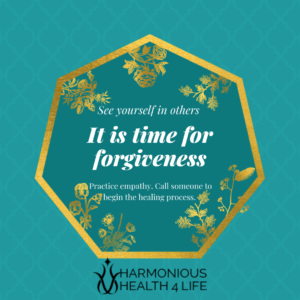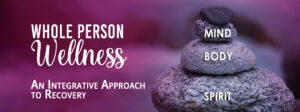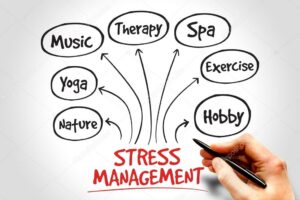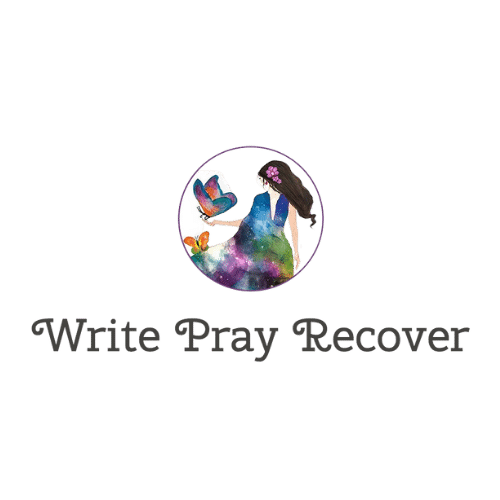UNHEALED CHILDHOOD TRAUMA CAN PERMANENTLY AFFECT THE FAMILY DYNAMIC – WENDY BLANCHARD, M.S., INHC, NYCPS
 When a child experiences trauma in the home whether they are observing an ill (mental and/or physical) parent/loved one, an ill parent/loved one near death, death itself, emotional, physical, sexual abuse, any type of neglect at the hands of another family member in the home, any type of abuse or neglect of the child at the hands of a parent/loved one, loss of home, and the like, the child’s emotional growth is profoundly affected. Many times depending upon the age of the child, their emotional growth may be arrested. They may also turn to high risk behaviors to numb their emotions.
When a child experiences trauma in the home whether they are observing an ill (mental and/or physical) parent/loved one, an ill parent/loved one near death, death itself, emotional, physical, sexual abuse, any type of neglect at the hands of another family member in the home, any type of abuse or neglect of the child at the hands of a parent/loved one, loss of home, and the like, the child’s emotional growth is profoundly affected. Many times depending upon the age of the child, their emotional growth may be arrested. They may also turn to high risk behaviors to numb their emotions.
I speak from experience from both sides of the equation.
In addition, if the parent/loved one is able to seek treatment and support, and lives to change the trajectory of their own wellness, and the damage to the child has already been done, many times it may be irreparable. And sometimes the adult does not see the catastrophic causal effects of their behaviors, and never enter into any type of treatment.
Although the child may want to be forgiving, and to have a relationship, they may be “stuck” in real time in the traumatic experience, even from decades before.
The adult may be remorseful, offer their deepest regrets and apologies, and attempt to make things right with the child, to no avail. Unless the child independently, and together with the formerly unwell parent/loved one seeks trauma and/or grief therapy, ongoing, there will never be true forgiveness where this family can move forward as a healthy family unit steeped in compassion and empathy.
We may see fleeting moments of demonstrated love and seeming forgiveness, but the overall inner trauma, that which has become “stuck” in the child’s mind and cellular structure, eventually resurfaces. “Trauma that is “unresolved” can be characterized by mental, physical, emotional and/or behavioral symptoms or distress.” It can be triggered in any moment without warning, and take the parent/loved one, and the child, even a child who is now an adult, by surprise, leaving the child, feeling once again, guilt, shame, and confused, and leaving the parent/loved one devastated.
The parent/loved one may say something of a benign nature, and the child may be triggered by the past experience where the past bleeds into the present situation. The loved one may arrive at the child’s home for a visit where the child, even as an adult, may feel triggered and unable to embrace and/or welcome the parent/loved one. Even in a conversation that begins as a loving connection, we must be aware of the signs that the child/adult child is beginning to escalate in their symptoms. This may look like sudden withdrawal, dropping eye contact, a sudden angry and combative response that is out of place, or seeking to leave the room where the conversation is taking place as a “getaway,” as they struggle to stay present, or as they experience an emotional response that may be of a sudden disruptive nature.
We must keep in mind that when a “parent/loved one” is unwell for a prolonged period of time, albeit through no fault of their own, it is still a traumatic experience for a young child, or young adult as they watch their parent/loved one fighting for their life in a variety of ways. This may also be watching the parent/loved one struggling to find their voice to defend themselves from any type of abuse.
Sometimes when the parent/loved one exhibits inappropriate behavior due to their dis-ease/dis-order ongoing that may frighten a young person, the child/young adult may show physical and emotional manifestations of the experience. Children/young adults do not have life experience or creative coping skills where they learn self soothing, or a constructive way of communicating their feelings. They may not even know how to identify their feelings, especially when it comes to a parent or loved one. They may feel guilt and shame over what they are feeling, and therefore suppress what they are feeling. This grows into resentment, and even anger later on, resulting in dis-ease and dis-orders of their own.
If we are cognizant of this dynamic, there are solutions.
If this sounds familiar or feels familiar to you, I would suggest reaching out to a licensed therapist who is trained to treat trauma and/or grief therapy, and begin there. This cannot be done without a professional facilitator.
Next steps come few and far between as this may be a lifelong process. A non-linear process of healing of each individual family member, and as a family unit.
I tell my clients we must meet each person where they are, and move forward from there in baby steps.
This work is not for the faint hearted, but can offer healing individually, and to the family.
One last thing that I suggest is that if you are the adult in this scenario who had been unwell, and is now on a healing path, please know that it is imperative to set healthy boundaries with the child, and all involved. You did the best that you could with the tools you had at the time.
Because you were once unwell and may not have made the best decisions, does not qualify you to be treated harshly, or disrespectfully for a lifetime.
Do not allow anyone to speak to you or to treat you with anything but respect and kindness.
Boundaries protect you, and tell others, no matter who they are, what you will, and will not accept in your life.
Love and blessings,
Wendy








